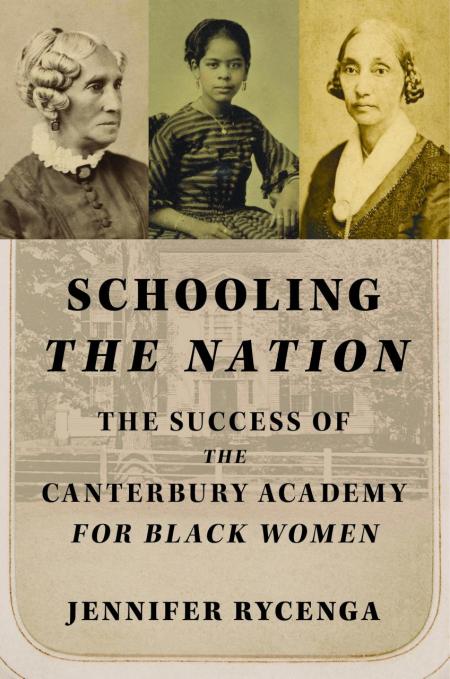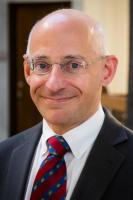
In this virtual program based on her new book, Schooling the Nation: The Success of the Canterbury Academy for Black Women (2025), Jennifer Rycenga, in conversation with Scott Casper, tells the story of a high school that became the most advanced form of higher education open to women of any race before it was forced to close because of white opposition. Located in Canterbury, Connecticut, the Canterbury Academy was established in 1833 by white teacher Prudence Crandall for "young Ladies and little Misses of color." Local white anger tried to prevent, and later, close the school, but within its walls dedicated learning, interracial alliances, and political acumen thrived. Vigilante and legal violence—including four courtroom cases in one year―could not deter the students and teachers from learning during the eighteen months the school operated.
With such a short lifespan, one might deem the Canterbury Academy a failure. However, Rycenga demonstrates how a closer examination, focusing on Black women, proves the school’s success―as measured in its inception, sustenance, legal battles, the rich and varied lives of the students after the school, and the myriad accomplishments of their descendants.
Join us for a lively discussion with the author about these early, non-violent yet tenacious students, teachers, and their abolitionist networks.

Jennifer Rycenga, author of Schooling the Nation: The Success of the Canterbury Academy for Black Women (University of Illinois Press, 2025), is Professor Emerita in the Humanities Department at San José State University. Her scholarly work has focused on the Abolitionist movement, exploring areas previously hidden or marginalized, such as Black women’s activities and voices, philosophic analyses of the work of Black speaker Maria Stewart (1803-1879), the anti-racist work of white Abolitionists, and networks of families and friends involved in the struggles against slavery and injustice. In addition to her work on the Canterbury school controversy, she has led two Digital Humanities projects on the Burleigh family of Plainfield, Connecticut--seven siblings who all supported Prudence Crandall and the Canterbury school.

Scott Casper was appointed the eighth president of the Society in December 2020. A historian of the nineteenth-century United States, he has been associated with AAS for three decades, beginning as a Peterson Fellow in 1990. Before joining AAS he served as dean of the College of Arts, Humanities, and Social Sciences and professor of history at the University of Maryland, Baltimore County, and as Foundation Professor of history at the University of Nevada, Reno. Scott is the author of Sarah Johnson’s Mount Vernon: The Forgotten History of an American Shrine (2008) and Constructing American Lives: Biography and Culture in Nineteenth-Century America (1999), which won the book prize of the Society for the History of Authorship, Reading, and Publishing.